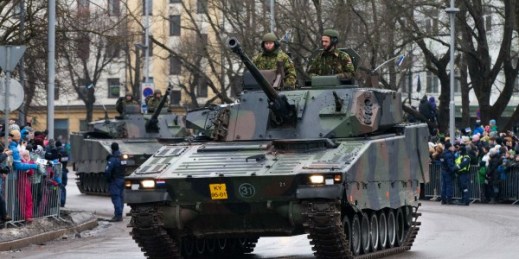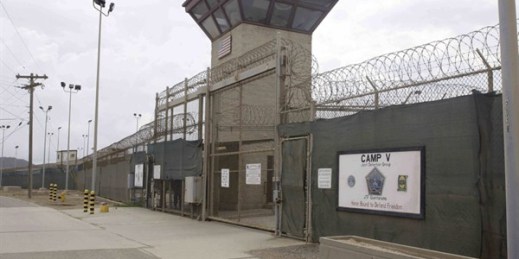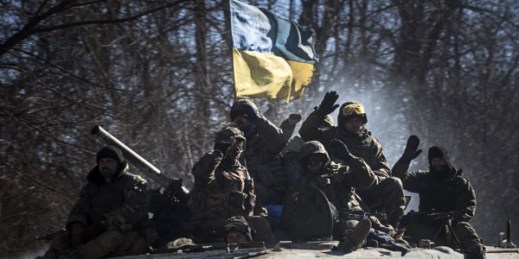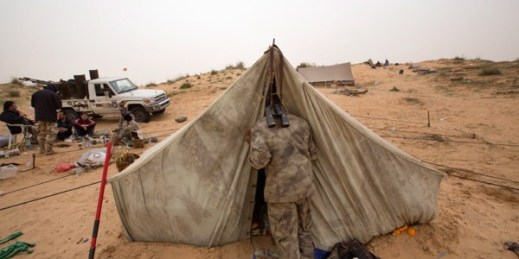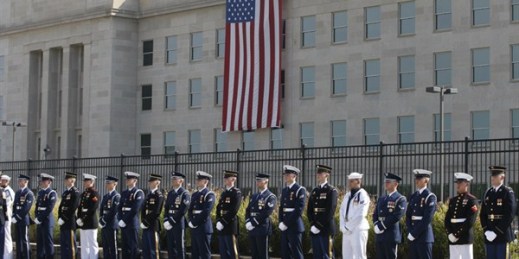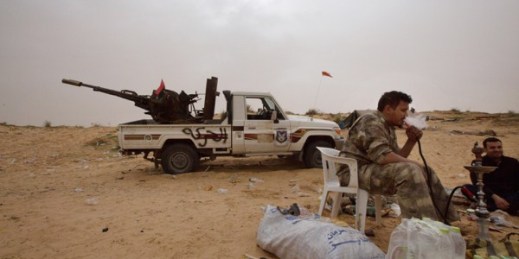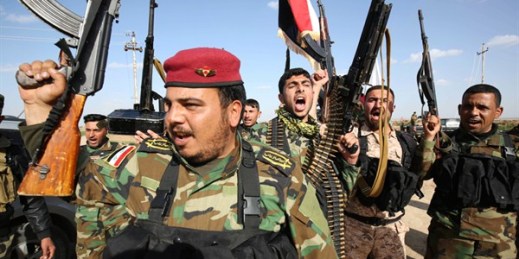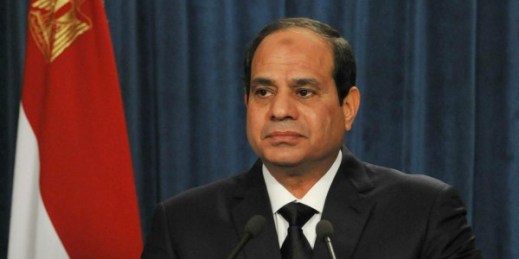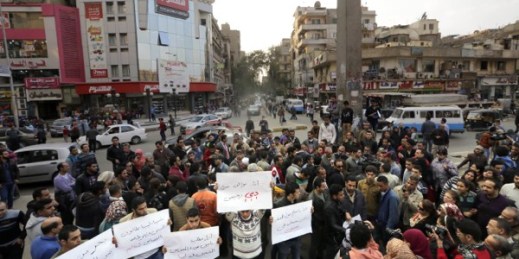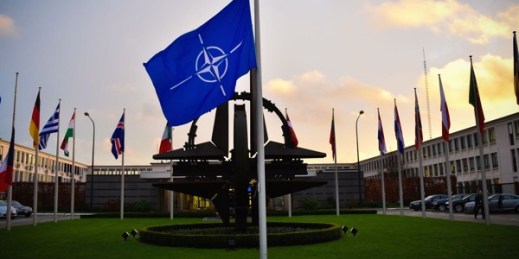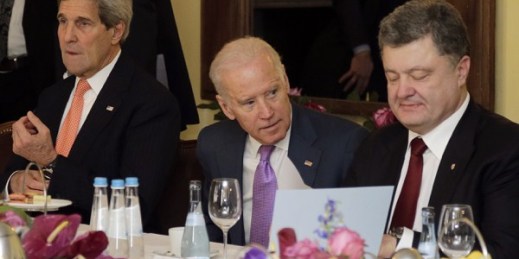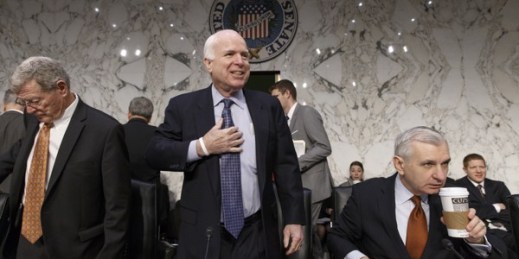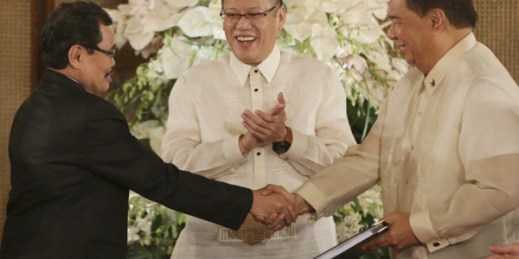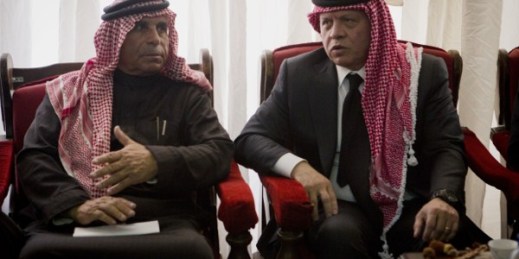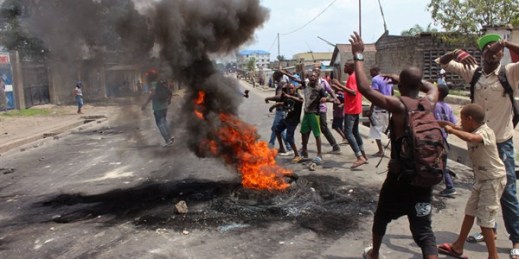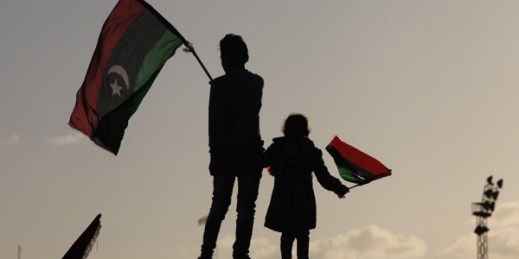
Libya is a mess and rapidly getting worse. It is a “failed state ravaged by civil war, and a magnet for al-Qaida and Islamic State (IS) recruits,” as Christopher Chivvis put it— “Somalia on the Mediterranean.” The principle victims are Libyans themselves. After suffering through decades of Moammar Gadhafi’s dictatorship, they now face a future that is, in many ways, even worse. But the danger spreads outward. Gadhafi’s weapons have been used to arm extremists across Africa, dragging other nations like Mali toward the abyss. Libya probably has more IS fighters than any place outside Syria, and they now threaten […]

